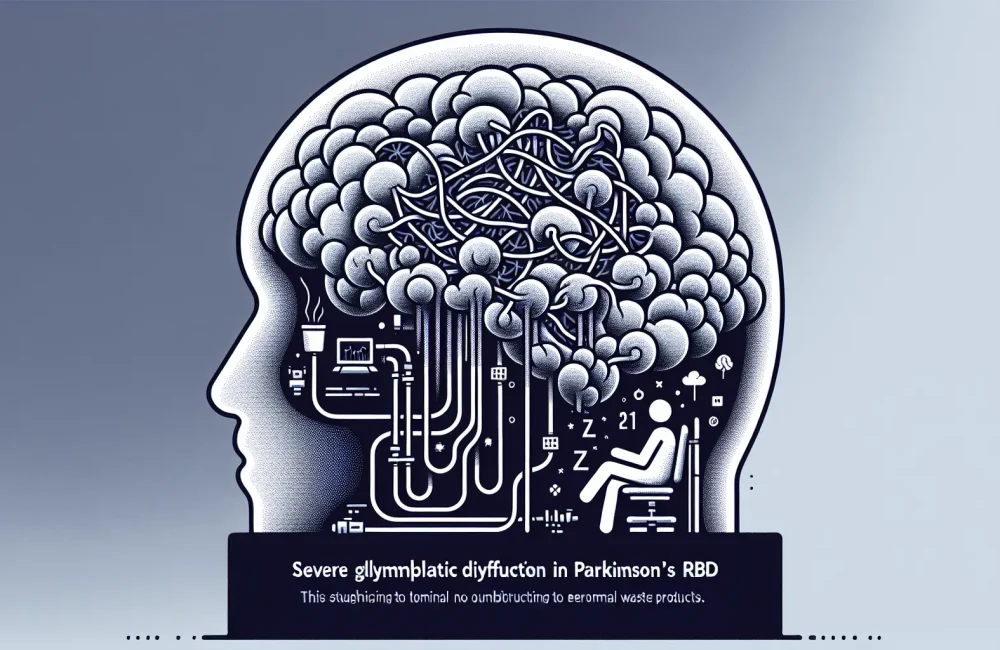By CAFMI AI From JAMA
Study Overview and Population Details
Herpes zoster, commonly known as shingles, results from the reactivation of the varicella-zoster virus that lies dormant in the body after chickenpox. Recent research has explored connections between herpes zoster infection and the development of dementia, raising questions about whether vaccination against herpes zoster could play a role in reducing dementia risk. A comprehensive population-based cohort study was conducted to evaluate this potential relationship, utilizing national healthcare databases from 2010 to 2024. The study focused on adults aged 60 years and older who were eligible for the herpes zoster vaccine. This population was chosen due to both the increased incidence of shingles and dementia in older adults, making the vaccines’ potential impact clinically significant for this group. The total cohort consisted of 1.2 million individuals, with half receiving the vaccination, allowing for a robust comparison between vaccinated and unvaccinated groups.
Key Findings and Clinical Implications
After a median follow-up period of six years, data revealed notable differences in dementia incidence between vaccinated and unvaccinated individuals. Specifically, 50,000 new cases of dementia were identified during this time. Adjusted analyses accounting for demographics, existing health conditions, and medication use demonstrated that those who received the herpes zoster vaccine had a 17% relative reduction in the risk of developing dementia, with a hazard ratio of 0.83 (95% confidence interval, 0.80 to 0.86). This finding emphasizes the vaccine’s potential neuroprotective properties beyond its established role in preventing shingles. From a clinical perspective, incorporating herpes zoster vaccination into preventive care for older adults could offer dual benefits: reducing the risk of shingles and potentially lowering the incidence of dementia. This insight is particularly valuable for practitioners working in primary care settings, where vaccinations are a key preventive health measure. The study highlights herpes zoster vaccination as a modifiable factor in dementia prevention strategies and may influence future clinical guidelines for older adult care.
Study Design Strengths, Limitations, and Future Directions
This extensive cohort study leverages large-scale health data to establish an association between herpes zoster vaccination and dementia risk, enhancing the validity of the findings through its size and follow-up duration. The use of national immunization and medical records allows for comprehensive adjustment of confounding factors such as age, sex, comorbidities, and medication profiles, reducing potential biases. However, as an observational study, it cannot definitively prove causality, and residual confounders may remain. For instance, vaccinated individuals might have healthier behaviors or better healthcare access. Clinical implications include counseling patients on the added potential benefit of the shingles vaccine in reducing cognitive decline risk. Future research directions include randomized controlled trials to confirm causality and mechanistic studies to understand the biological pathways by which herpes zoster vaccination may confer neuroprotection. Improved understanding could enhance preventive care workflows in primary practice by identifying high-risk patients who might benefit most from vaccination and follow-up monitoring, integrating vaccination status with cognitive health assessments to optimize patient outcomes.
Read The Original Publication Here






